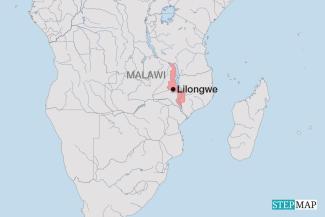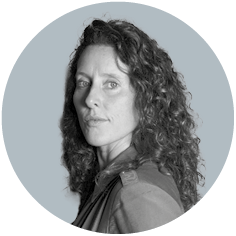Health
Malawi is encouraging women to screen for cervical cancer

Aggregated data from various sources shows that approximately 3700 Malawian women are diagnosed with cervical cancer each year, with 2300 dying because of it. Several factors account for the high mortality rates.
“Religion and culture are some of the reasons why women would not want to go to hospital and be screened for cervical cancer,” says George Jobe, an executive director at Malawi health equity network (MHEN). He argues that these factors create negative attitudes amongst many women. “Most women will wait until the cancer is advanced and has weakened them before they seek medical attention,” he says, adding that there is denial especially among working-class women and those that are rich “because they think cervical cancer is for the poor”.
Jobe, who also doubles as chairperson of Universal Health Coverage Coalition, implores males to get knowledge about cervical cancer and its dangers so that they can encourage females to go for screening and treatment.
“Awareness should also go to local chiefs and other community leaders so that they, too, know why cervical cancer screening is important. The chiefs play a crucial role in health issues,” he informs.
Many women are also uncomfortable that male health workers will be assigned to conduct the health examinations. In this case, it would be very helpful if cancer screening centres use female health surveillance assistants (HSAs) to do the screening.
Anifa Chimaliza, a female HSA at Mitundu health centre in Lilongwe, says that most women are putting much of their faith in their religion and would not want to seek medical help. She explains that many women refuse to be vaccinated because of their religious beliefs, yet vaccination would greatly reduce the cases of cancers.
Sometimes, hearsay and rumours influence the attitudes towards attaining care. Loyce Kajawa, a 35-year-old mother of two children, says that whereas she knows about the various types of cancers women suffer from, she has never been screened for any cancer: “I have never suffered from it, but I hear from other women that screening is painful. So, I am afraid to do it.”
Kajawa, who lives in the outskirts of Lilongwe with her 68-year-old mother, says that she knows of women in the village who suffered from cancer and died but “some family members thought that they were bewitched”.
Raphael Mweninguwe is a freelance journalist based in Malawi.
raphael.mweninguwe@hotmail.com













